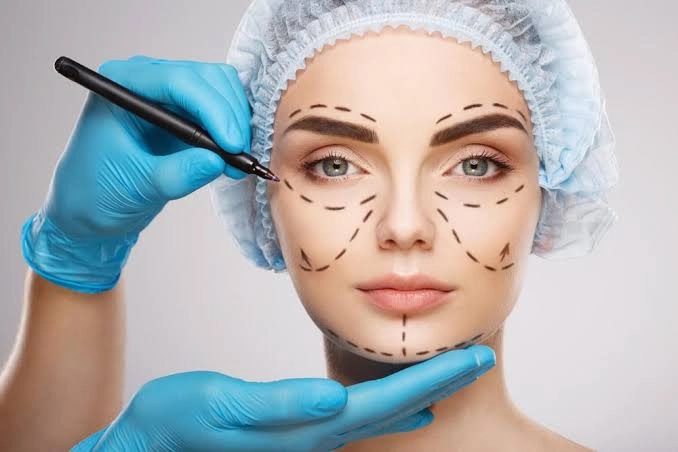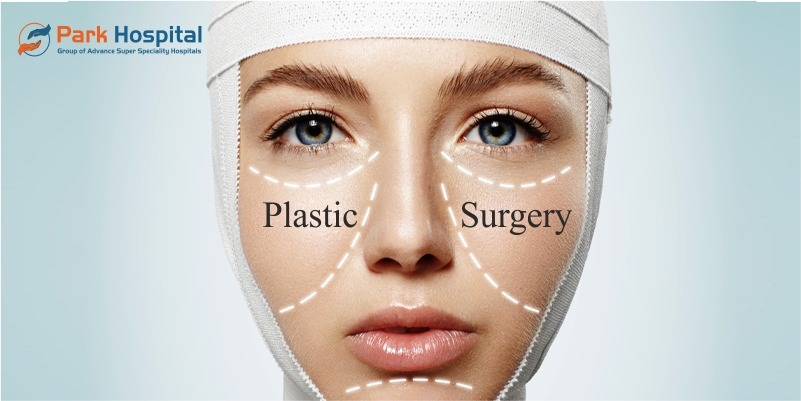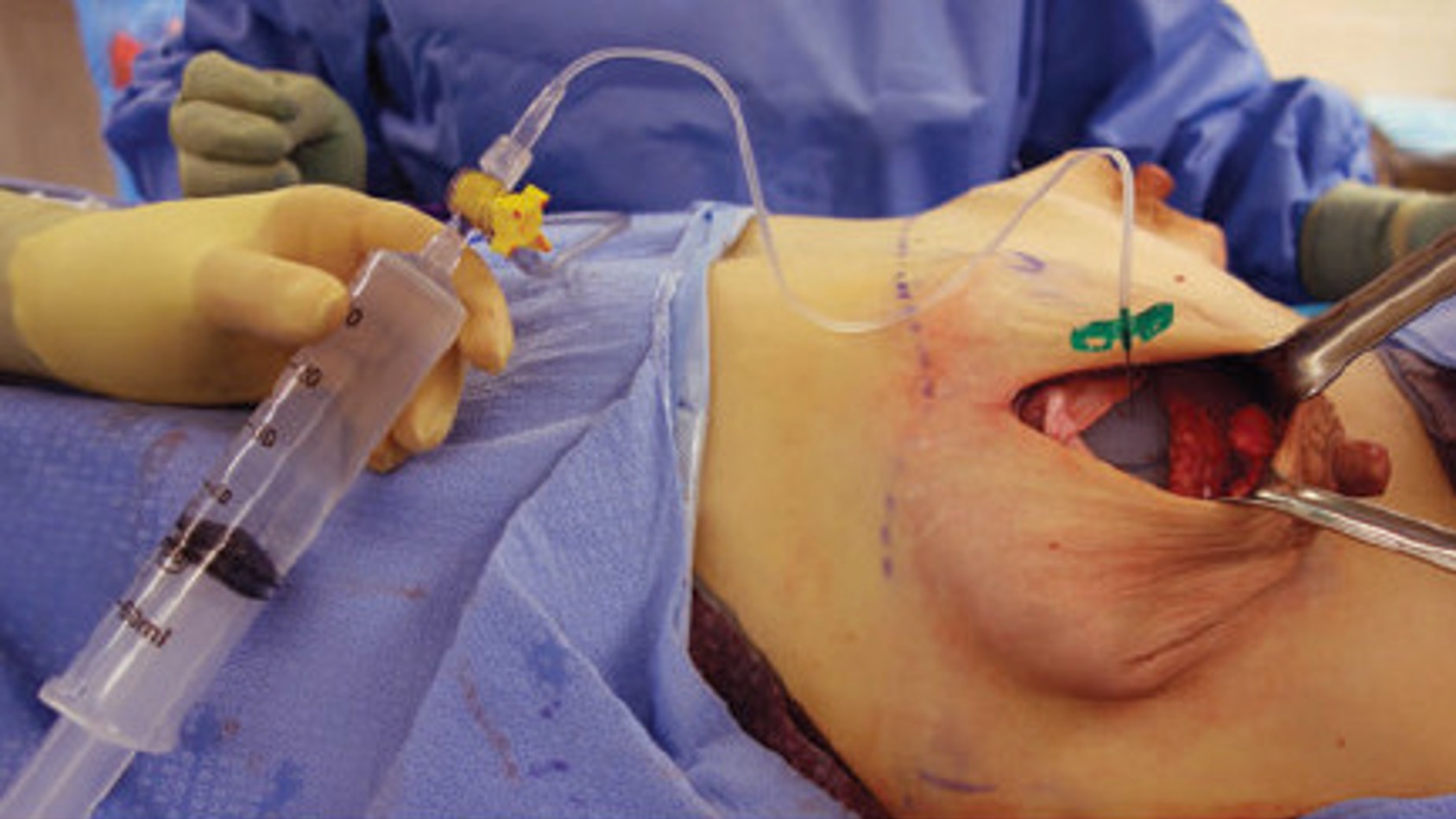Mommy Makeover Rancho Cucamonga: Redeem Your Pre-Baby Body with Tailored Treatments
Exploring the Psychological and Social Elements That Drive People to Take Into Consideration Plastic Surgery as a way of Renovation
The choice to pursue plastic surgery usually expands past simple aesthetics, intertwining with mental and social dynamics that merit detailed examination. Aspects such as self-esteem, pervasive social appeal requirements, and the pervasive impact of social networks converge to shape private inspirations for medical improvement. As these impacts come to be progressively famous, comprehending the underlying psychological and cultural contexts is essential. What stays to be checked out is the profound influence these variables have not just on personal identification but additionally on more comprehensive societal norms and worths bordering appeal and approval.
The Role of Self-worth
Self-worth considerably influences an individual's decision to seek plastic surgery. People with reduced self-confidence commonly regard themselves in an adverse light, resulting in feelings of inadequacy concerning their physical appearance. This unfavorable self-perception can drive them to look for medical treatments as a method of boosting their self-image. The need for renovation in one's appearance is regularly connected to a belief that such modifications will raise their total self-worth and self-confidence.

Inevitably, the role of self-esteem in the decision-making process regarding plastic surgery highlights the intricate interplay between body photo, individual complete satisfaction, and mental health. Comprehending this relationship is essential for healthcare specialists to guarantee that individuals are making notified choices rooted in sensible assumptions and psychological well-being.
Social Beauty Requirements
Influenced by pervasive media representations and social stories, societal charm criteria play an important duty in shaping individuals' assumptions of their own bodies. These standards are usually defined by an idealized type of beauty that stresses traits such as slimness, youthful vigor, and symmetry. As these perfects are bolstered via numerous channels, including tv, movie, and advertising, individuals regularly internalize these messages, leading to frustration with their natural look.
The effects of these social norms expand beyond aesthetic preferences; they can affect self-esteem, mental health and wellness, and interpersonal relationships. People that perceive themselves as disappointing these criteria might experience sensations of inadequacy, motivating a desire for plastic surgery as a way of achieving societal approval. This search is typically sustained by the idea that complying with these perfects will certainly boost not just physical look however also social standing and personal fulfillment.

Influence of Social Network
The impact of societal appeal criteria is additional enhanced by the surge of social networks systems, where curated photos and idealized depictions of charm are ubiquitous. Users are constantly subjected to filtered and modified photos, which commonly depict unattainable physical characteristics. This exposure grows a culture of contrast, leading individuals to evaluate their own look versus these frequently impractical benchmarks.
Social media site influencers and stars frequently promote cosmetic treatments, normalizing the idea that medical enhancements are a practical methods for attaining social ideals (plastic surgery rancho cucamonga). The presence of these enhancements can develop an assumption that undertaking cosmetic surgical procedure is a typical method, thus influencing people to consider comparable treatments as a pathway to boosted self-worth and social approval
In addition, the interactive nature of social networks enables prompt feedback with likes and remarks, even more reinforcing the wish to adapt preferred appeal requirements. Such interactions can worsen sensations of insufficiency and drive individuals toward cosmetic surgical procedure as a way of obtaining recognition. Ultimately, social networks plays an essential duty fit assumptions of elegance, which dramatically impacts the decision-making procedures bordering plastic surgery.

Cultural Viewpoints on Look
Throughout different cultures, assumptions of look are deeply rooted in historical, social, and economic contexts, forming individuals' sights on appeal and desirability. In many societies, look serves as a considerable pen of identity, influencing social status, expert opportunities, and personal relationships. For example, in some cultures, light skin is often related to riches and privilege, while others might idealize darker skin tones as signs of strength and credibility.
In addition, traditional beauty requirements are often continued via cultural stories, media representations, and household affects, bring about differing ideals across various regions (plastic surgery rancho cucamonga). In Western cultures, the focus on youth and physical fitness usually drives people towards aesthetic improvement, while in specific Eastern societies, even more refined changes aligned with typical appearances may be preferred
Globalization and the expansion of digital media have additionally complicated these dynamics, developing a hybridization of charm ideals that goes beyond geographical boundaries. As individuals increasingly browse these cultural stories, the stress to comply with specific appearance criteria can result in the desire for Your Domain Name cosmetic surgical treatment, reflecting a complicated interplay of social values and individual desires. Understanding these social point of views is important in resolving the inspirations behind cosmetic surgical procedure considerations.
Emotional Effects of Plastic Surgery
Numerous people seeking cosmetic surgery record experiencing extensive emotional impacts that can considerably modify their self-perception and emotional health - plastic surgery rancho cucamonga. The wish for physical improvement typically originates from underlying concerns such as low self-confidence, body dysmorphic disorder, or social pressures regarding beauty standards. For some, the instant post-operative stage can bring about a short-term boost in positive self-image and complete satisfaction with their look, promoting a feeling of empowerment
However, these positive feelings might not be enduring. Research shows that while some patients experience improved self-confidence, others may encounter intense anxiousness or depression if their assumptions are not met. This disparity can occur from unrealistic ideals continued by media representation and cultural narratives surrounding elegance.
Additionally, mommy makeover rancho cucamonga the psychological ramifications of cosmetic surgical procedure expand beyond the individual. Relationships with friends and family may be strained as social dynamics shift, leading to sensations of isolation or alienation. Eventually, the emotional effects of plastic surgery are complex and complex, needing careful factor to consider by both prospective people and doctor to guarantee enlightened decision-making and realistic assumptions.
Conclusion
Finally, the choice to seek plastic surgery is dramatically influenced by a mix of self-worth problems, societal charm criteria, and cultural viewpoints on appearance. The pervasive reach of social media sites further aggravates these pressures, advertising unrealistic perfects that people typically strive to achieve. Recognizing these social and mental factors is essential for dealing with the motivations behind cosmetic surgical treatment, highlighting the demand for an extra nuanced conversation bordering appeal and self-acceptance in contemporary society.
The choice to pursue cosmetic surgery usually extends beyond simple aesthetics, intertwining with social and psychological dynamics that warrant thorough evaluation. Ultimately, social media plays a pivotal role in forming understandings of elegance, which considerably impacts the decision-making procedures surrounding cosmetic surgical procedure.
As people progressively navigate these social narratives, the pressure to adhere to particular appearance criteria can lead to the desire for cosmetic surgical procedure, showing a complex interaction of cultural worths and individual ambitions.In look these up conclusion, the choice to pursue cosmetic surgical procedure is substantially affected by a combination of self-worth problems, social beauty standards, and cultural point of views on look. Recognizing these emotional and social factors is crucial for addressing the motivations behind cosmetic surgical treatment, highlighting the demand for a much more nuanced discussion bordering beauty and self-acceptance in contemporary society.